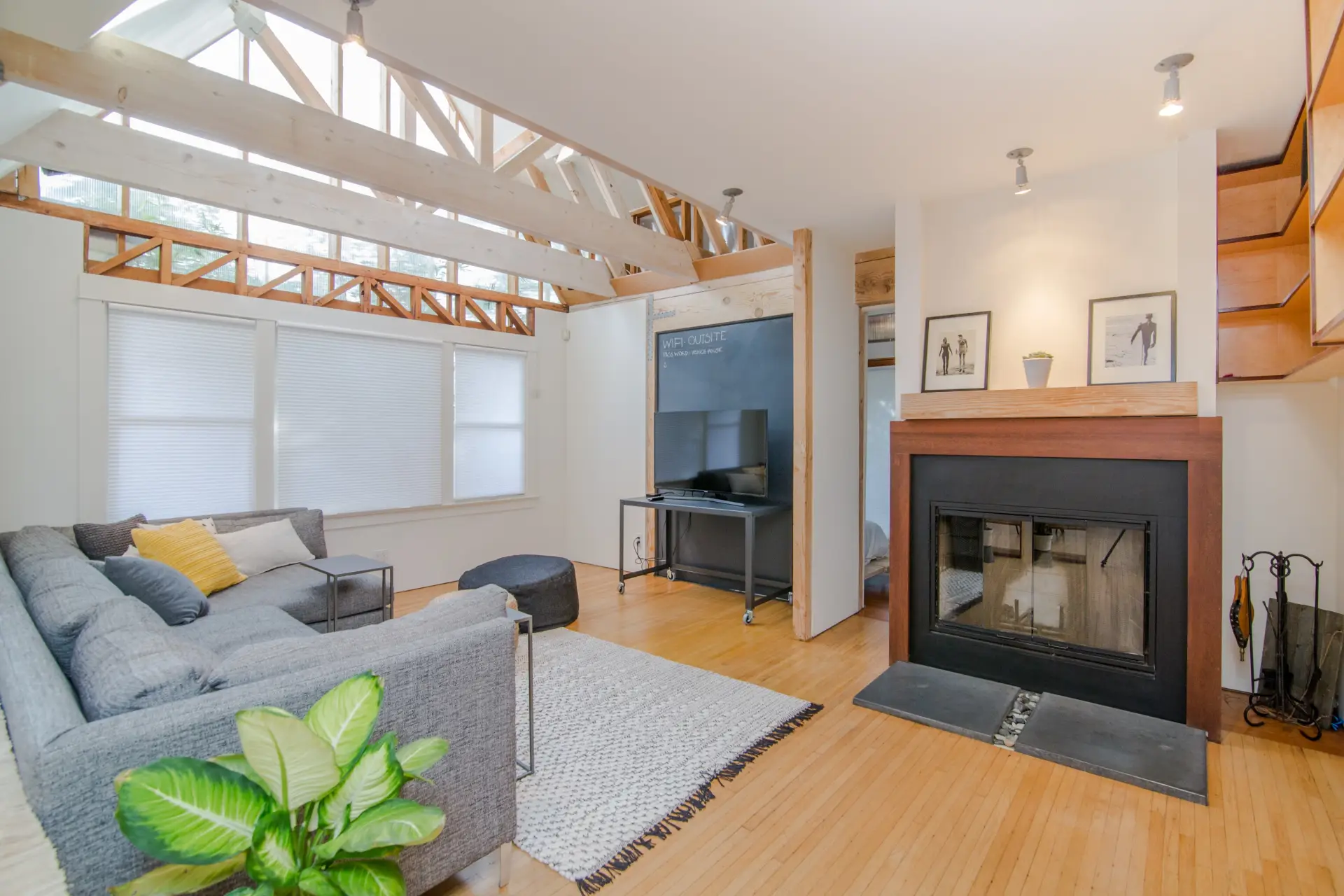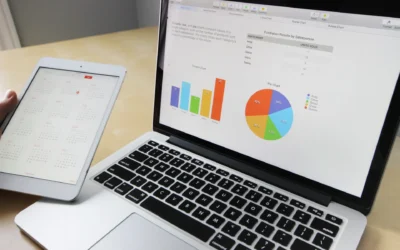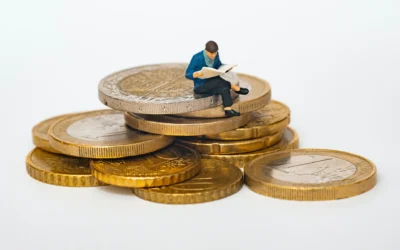Purchasing a home doesn’t have to be a one-time thing. Start with a starter home and buy another property when you like scaling. If you’re confused about buying a starter home, this article will clarify these confusions.
What Are Starter Homes?
When a person buys a small house to reside in only for a couple of years, such a house is a starter home. The person usually buys another house that’s more well-suited to their lifestyle later. Since the person intends to leave the house, starter homes are less upgraded than forever homes.
Pros Of Starter Homes
If you’re planning on buying a starter home, here are some of its advantages:
-
Low Prices: Since starter homes can be as tiny as one might prefer, these houses are usually easy on pockets. Hence, the mortgage payments are lower on these houses.
-
Low Maintenance: Starter homes are relatively low maintenance as they are mainly temporary homes to buyers.
-
Fewer Taxes: As starter homes are less pricey, the property taxes associated with the house are also less.
-
Easy to Flip: When you’re finally ready to settle in a bigger home, selling your starter home won’t be a hassle due to affordable rates.
Cons Of Starter Homes
Here are some of the cons you must know before purchasing a starter home:
Not an Ideal Space for Everyone: Even though investing in a starter home is a financially wise decision, it’s often not ideal for everyone. If your idea of a home looks like a specific comfy space, starter homes might not be worthwhile.
Costly Renovations: As starter homes are cheap, they are seldom well-furnished. Therefore, the initial renovation cost might consume a good chunk of your budget.
No Space for Growth: If you’re living with your family and plan on expanding it, starter homes won’t have enough space to accommodate all.
Tips For Purchasing A Starter Home
After considering the pros and cons, the next step is to make an informed purchase decision. Here are some tips to help you walk through this process:
Make a Budget and Stay Within It
For buying a home, you still need a budget. Use handy tools to determine the amounts you’ll be paying and how much you’ll need from mortgage lenders.
Find Mortgage Lenders and Real Estate Agents
Once you’re through your budget, find reputable mortgage lenders and real estate agents to finance your starter home and find a worthy property.
Know Which Features Are Must-Haves
Have some prerequisites for your living space in mind. Ensure you know which features are a must-have and which features you can adjust because the space is only temporary.
Stick To The Budget
If you like the home and can afford it, go through with the deal. However, if space requires extra investment, it’s not worth it. Remember, it’s only a temporary house, and you can find cheaper options.
Final Thoughts
Buying a starter home isn’t for everyone. However, if you decide to purchase one, it can be a wise decision if you spend your money well.




